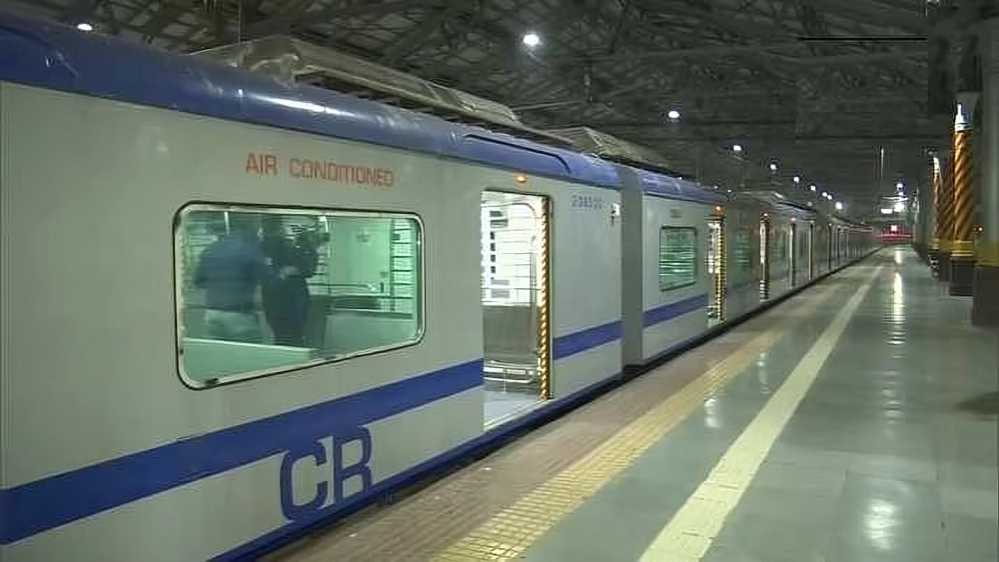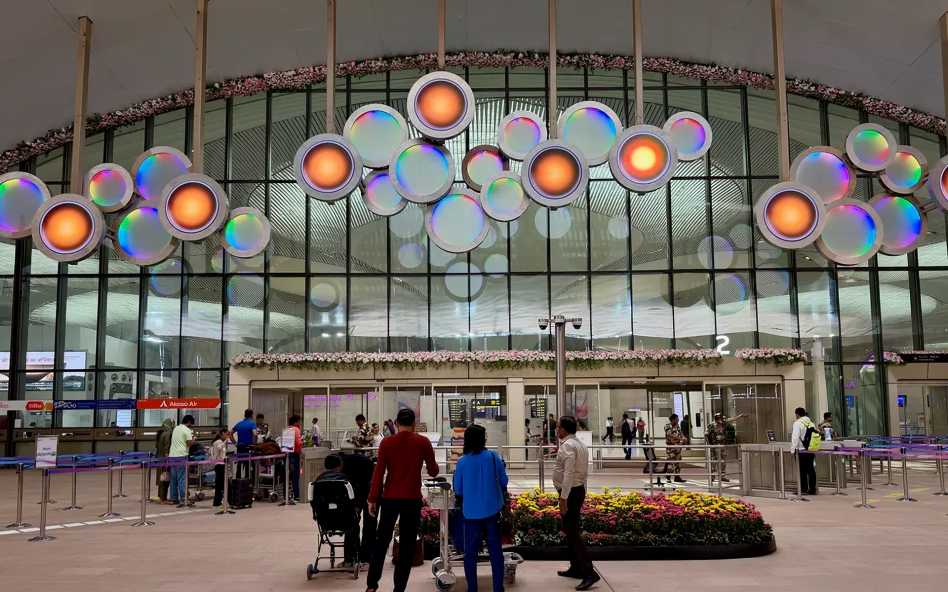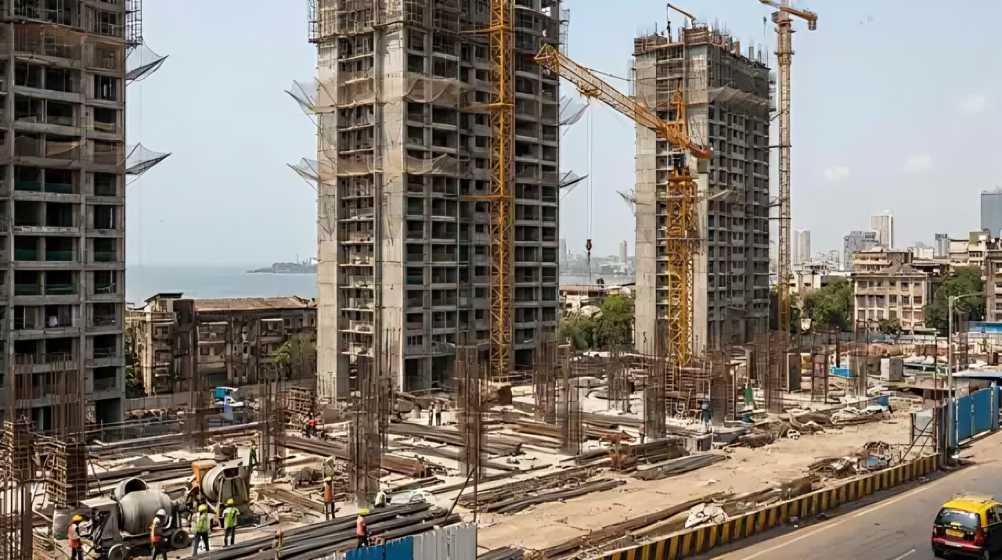November 03, 2025: The Supreme Court has strongly criticised the Maharashtra government for its poor implementation of compensatory afforestation measures linked to the construction of Mumbai Metro lines, saying the state’s efforts reflect a lack of seriousness toward environmental commitments.
The court observed that the Mumbai Metro Rail Corporation’s (MMRC) initiatives, including tree transplantation, were carried out so ineffectively that it was “obvious that compensatory and mitigation measures are not high on the priority list” when building critical infrastructure.
Developers are legally required to undertake compensatory afforestation when projects involve felling trees or diverting forest land, along with additional steps to mitigate environmental impacts. However, in practice, many projects treat these obligations as box-ticking exercises, fulfilling only paperwork requirements without ensuring meaningful ecological outcomes.
With rising climate and environmental risks, the report underscores the need for economic and infrastructure projects to integrate environmental safeguards from the outset. Treating afforestation and mitigation as core design components rather than afterthoughts will help hedge against climate-related vulnerabilities.
The Supreme Court’s censure, experts say, should act as a wake-up call for policymakers to embed ecological and climate considerations systematically into planning and execution. Even so-called green infrastructure projects—such as metro networks and renewable energy transmission systems—leave an environmental footprint that must be addressed through effective offsetting and monitoring mechanisms.
The apex court’s intervention highlights that genuine environmental accountability is as crucial as economic growth. Its warning to the Maharashtra government should prompt public authorities, private developers, and policymakers alike to re-examine how they understand, measure, and mitigate climate and ecological risks while shaping India’s infrastructure future.
Source: The Economic Times





